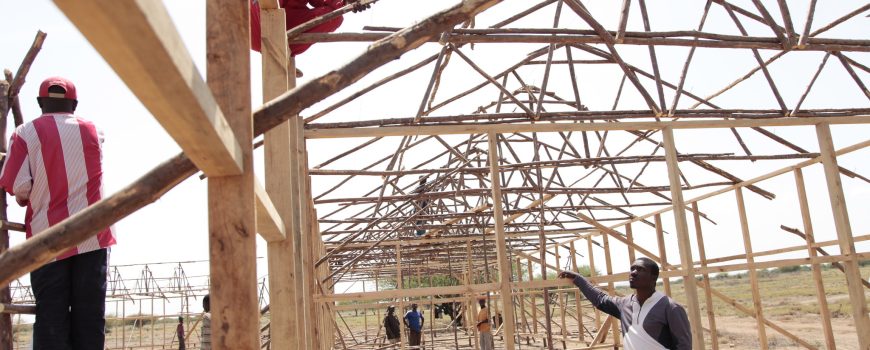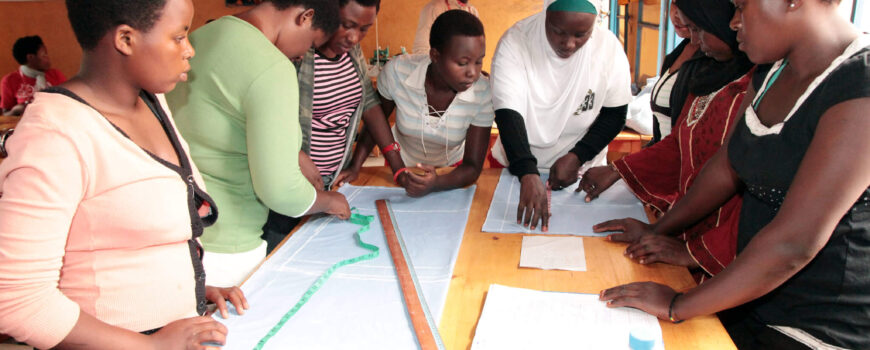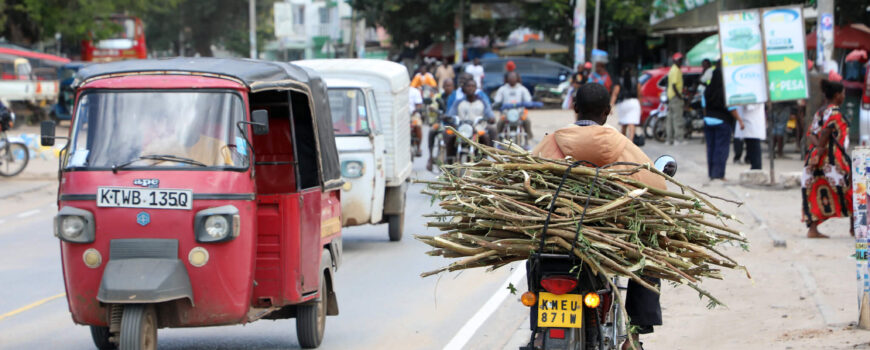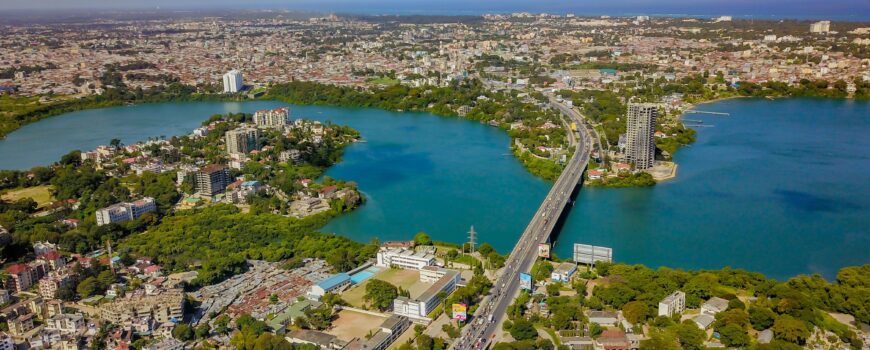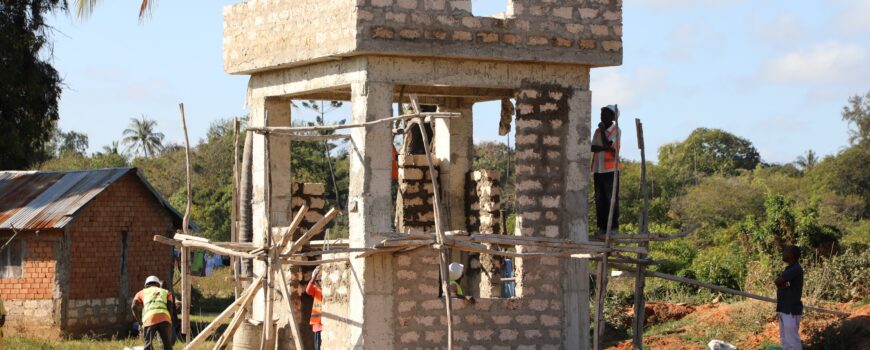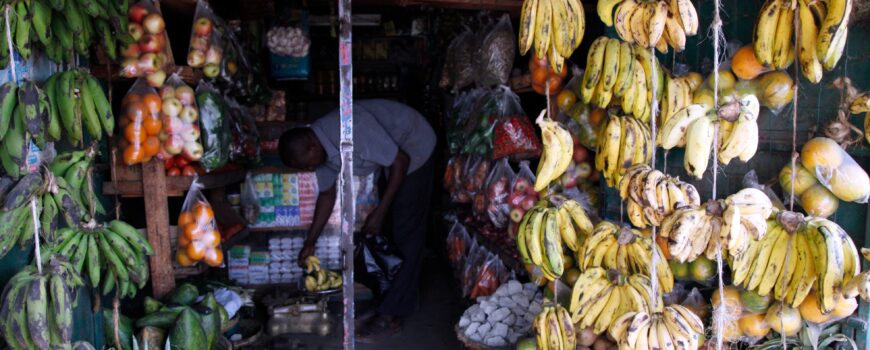The seven articles in this SPECIAL ISSUE of THE HABITAT REVIEW JOURNAL VOLUME 18 ISSUE1 are results of research that under Covid-19 Impacts on Food Transportation and other Commodities inUrban-Rural Nexus (Covid-19 ITFCURN) Project in Cameroon, Kenya, Nigeria (Niger State), Senegal andZimbabwe. University of Nairobi and UN-HABITAT collaborated in in the project, focusing on studying […]
Urban-Rural Linkages are nonlinear, diverse urban-rural interactions and linkagesacross space within an urban-rural continuum, including flows of people, goods, capitaland information but also between sectors and activities such as agriculture, services andmanufacturing. In general, they can be defined as a complex web of connections betweenrural and urban dimensions.Urban rural linkages also entail: Flows (of goods, people, information, finance,[…..]
UN-Habitat initiated and convened the process to develop “Urban-Rural Linkages: GuidingPrinciples and framework for Action” (URL-GP) with over 130 actors from over 40international agencies. The process was culminated with the acceptance of ten principlesand eleven fields of action. The principles are flexible and can be applied by all levels ofstakeholders at all scales. While the[…..]
In many settlements, a large number of households live, work in and depend on both ruraland urban ecosystems that sustain human life beyond political and administrative spheres.The reciprocal and repetitive flow of people, goods and financial and environmental services(defining urban-rural linkages) between specific rural, peri-urban and urban locations areinterdependent; they are the reality of socio-spatial[…..]
In the wake of rapid urbanization in Africa, the importance of intermediary cities in strengthening urban-rural linkages is growing exponentially. In recognition of this trend, UN-Habitat and the United Cities and Local Government of Africa (UCLGA) organized a webinar on the role of intermediary cities in strengthening urban-rural linkages in Africa, amidst rapid urbanization on[…..]
According to the World Urbanization Prospects: The 2018 revision published by the United Nations, 55 per cent of the world’s population now lives in urban areas. In 1950, this figure was 30 per cent, and by 2050 it is projected to be 68 per cent. Urbanization implies “considerable changes in the ways in which people[…..]
Intermediary cities provide an unprecedented opportunity for advancing with climate mitigation and adaptation efforts. Increasing evidence, including the latest assessment of the International Panel on Climate Change, reaffirms that global anthropogenic greenhouse gas (GHG) emissions are not decreasing at the expected pace. The world is thus reaching a tipping point that could lead to irreversible[…..]
Lorem Ipsum is simply dummy text of the printing and typesetting industry. Lorem Ipsum has been the industry’s standard dummy text ever since the 1500s, when an unknown printer took a gallery of type and scrambled it to make a type specimen book. It has survived not only five centiries, but also the leap into.[…..]
Lorem Ipsum is simply dummy text of the printing and typesetting industry. Lorem Ipsum has been the industry’s standard dummy text ever since the 1500s, when an unknown printer took a gallery of type and scrambled it to make a type specimen book. It has survived not only five centiries, but also the leap into.[…..]
Lorem Ipsum is simply dummy text of the printing and typesetting industry. Lorem Ipsum has been the industry’s standard dummy text ever since the 1500s, when an unknown printer took a gallery of type and scrambled it to make a type specimen book. It has survived not only five centiries, but also the leap into.[…..]

